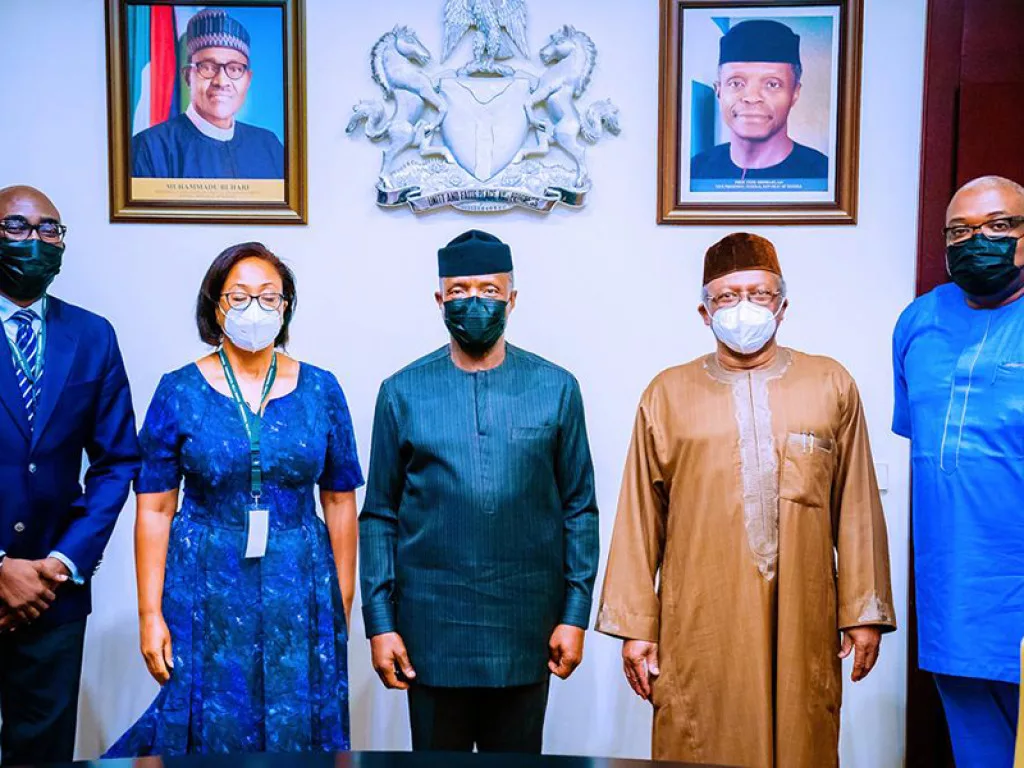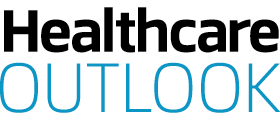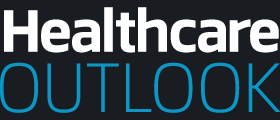Since 2015, the Healthcare Federation of Nigeria have galvanised the development of the country’s private health sector through their coalition of stakeholders. President Dr. Pamela Ajayi discusses attracting investment and a patient-centric approach.
Q&A WITH THE HEALTHCARE FEDERATION OF NIGERIA (HFN)
Briefly introduce us to the Healthcare Federation of Nigeria – when were you founded and what is your mission?
Pamela Ajayi (PA): The Healthcare Federation of Nigeria, otherwise known as “HFN” is a coalition of stakeholders from the private healthcare sector. We are a non-political, non-partisan organisation incorporated in 2015.
Our aim is to collectively advocate for Nigeria’s private health sector, and we do this through three key pathways, we focus on advocacy, growth and access to finance for the private healthcare organisations. Our mission is to essentially bring together all the stakeholders in healthcare into an advocacy group for the creation and execution of national policy, working through constructive engagement with both the government and healthcare practitioners.
HFN is broad based. We represent everyone in the private health sector – Doctors, nurses, pharmacists, physiotherapists, Medical IT practitioners, medical equipment & devices, and consultants to name a few.

Since inception, how has HFN developed and progressed in terms of its key objectives and the messages it tries to get across?
PA: In terms of advocacy for private sector involvement in the Nigeria Healthcare sector, we have worked as a negotiating body with the Government of Nigeria in the interest of the private health sector, particularly for the development of favourable policies and regulatory frameworks. In Nigeria, the private health sector provides between 65 and 75 percent of all the country’s healthcare and we work continuously to ensure our government policies reflect this.
Working with the House of Assembly and Senate Committees on Health, we have been able to achieve the legislation of a Cancer Health Fund for indigent patients. We have worked with the legislative arm towards Universal Health Coverage, and recently proposed an amendment at the National Assembly to provide protection for first responders at the scene of an emergency (aka Good Samaritans law) into Nigeria.
We promote access to health services through encouragement of innovation in the provision of health care for example through telehealth and digital services. We also enhance the provision of quality, affordable and accessible health care and health products by working with our partners to promote clinical governance and standards through the utilisation of SafeCare and other accreditation bodies like JCI, ISO and Accreditation Canada.
We champion, protect, promote and represent the interests of all private sector healthcare stakeholders, facilitating growth of the industry.
An important aspect is in improving the ease of doing business in the healthcare sector. There are numerous issues which we are working towards resolving which will yield great advantages. We advocate for sustainable financing of the Nigerian health sector, particularly the provision of affordable long-term finance to the private health sector. We are working with financial institutions for bulk finance to achieve this objective and provide access to finance for our members.
Capacity building is an essential activity provided by HFN to its members. We organise, facilitate, and contribute to the training of health workers, and share best practices with various institutions, including annual participation in exhibitions and trade promotion events such as Medic West Africa EXPO. We use these exhibitions, conferences and specialised continuing medical education events to provide a forum for consultation among stakeholders in the private healthcare sector.
We currently organise webinars and other learning events monthly featuring topics of interest such as updates on COVID-19 vaccination, telehealth, and important issues such as health data protection, Africa Continental Free Trade Area to name a few. We also plan to hold a workshop on Clinical and Corporate Governance before the end of the year.
One of the main things that we do is advocate for the inclusion of the private healthcare sector. At the outbreak of the COVID-19 pandemic, testing was limited to the public sector, thereby limiting treatment and care. We strongly advocated for private sector participation to complement the efforts of the government. Once this was implemented, there was successful integration and subsequent increase in the amount of testing that was done in the country which has had a very positive impact.
Have HFN participated in any projects that you would like to highlight?
More from Healthcare Outlook
PA: Early in the pandemic, we worked with other groups to support the government’s efforts. The private sector played a pivotal role in the provision of infrastructure to combat the pandemic, setting up isolation and treatment centres. HFN supported communication and advocacy efforts, effectively ensuring private sector participation in COVID-19 testing. Currently we are advocating for private sector participation in vaccine distribution and administration.
Another example is the Cancer Health Fund – there is a problem with payment for cancer treatment as in many underdeveloped countries. Most health insurance policies simply do not cover cancer care, which can be very expensive. Working collaboratively with the House and Senate Committee on Health, we successfully advocated for the provision of a cancer fund to help cover the cost of care for indigent patients.
At the recent Senate legislative committee on universal health coverage, we continued to highlight the ways private sector participation is critical to the provision of Primary Care in Nigeria to ensure that the private sector is adequately represented. The private sector also provides specialist and tertiary care. We believe that proper integration between the public and private sector will go a long way towards achieving affordable accessible, universal health care.
These discussions also highlighted another key topic amongst our stakeholders, concerning the issue of CPR. Though many people believe that lack of training is the reason why CPR is not done in Nigeria, we found out that even though the Red Cross has single-handedly trained over 10,000 people in Nigeria, the main reason people are not doing it is out of fear of arrest or accusation of having killed the victim. There is no protection for the first responder in Nigeria. We presented it at the National Assembly to protect the first responder, (aka Good Samaritan Law) enabling people to feel confident in providing that extremely critical care. These are just some of the things that we have done to influence policy and regulatory frameworks.
We have also promoted access to healthcare services through the encouragement of technology by promoting digital health using digital and mobile technology. Just last month, we held our monthly webinar, on this occasion focusing on the ‘Practical and Clinical Aspect of Telehealth for Health Professionals in Nigeria’. This was to promote the sheer broadness of the possibilities of telehealth and educate people on how this can be used with practical advice on how to carry out a telehealth conference in a very practical and user-friendly way. This is an example of how we also work on capacity building, alongside training and promoting innovation.
Another key focus is access to finance. The COVID-19 pandemic really exposed some of the challenges that we have in terms of infrastructure in our environment, and so we have begun to work with the government and various banks and other institutions to provide that access to finance. This is ongoing and we continue to work on promoting access to finance on behalf of our members since this it is not a quick fix.
In terms of capacity building, we also focus on this issue that we have with the data protection law, which a lot of medical people are not aware of. This is another area that we have conducted webinars on, with the necessary authorities, to educate both from the agency as well as our medical and dental councils. Soon we will also be hosting a webinar on the African Continental Free Trade Area (AfCFTA), to enlighten our members on what this is, what it will bring to the table and how healthcare professionals across the country can benefit from this new law.

What are the main improvements that HFN has identified that need to be made within Nigeria’s healthcare sector?
PA: We know that although more resources are needed, our government is looking for innovative ways of doing more with what already exists. We are keen to ensure that the private sector is enabled to fill that gap.
There needs to be a strengthening of our health systems to ensure improved health outcomes. With the recognition of the interdependence of all aspects of the value chain, it is important that there is effective procurement and delivery of healthcare products and services to those in need. Our institutions need to be staffed by enough workers with the right skills provided with the right tools and technology to deliver adequate levels of care.
It is very important for our government to ensure that our healthcare rules and regulations, as well as our labour laws, are conducive to our members and the development of the private healthcare sector. This is something that we continue to do, not just for the practitioner but also for the patient.
Sustainable financing, particularly affordable long-term finance is what is needed and that is a big challenge. We are currently in negotiations with key healthcare institutions to try and achieve this.
Provision of the right incentives with enabling laws to protect those investments could be a way to solve both the issue of improving infrastructure and reversing the brain drain turning Nigeria into a destination within Africa for Medical Tourism. This presents a huge opportunity for us as Nigeria joins the Africa Continental Free Trade Area.
How do you see the Federation developing over the next five years?
PA: We intend to grow the Federation nationally providing value to our members, in terms of capacity building, facilitating networking within our membership group, encouraging growth and providing access to finance. There is a lot of work that we intend to do to build our membership base and build the sustainability of the HFN organisation itself.
We will continue to support the government’s efforts on COVID-19 as the pandemic isn’t over. The threat of variants remains with us and we need to do all we can in this regard.
Private sector participation is key to ensuring we achieve herd immunity. Nigeria also needs to become a player in the manufacturing of vaccines and other critical products to properly serve its vast population and our members can play a crucial role. HFN has advisory functions which need to be exercised at both state and national levels where we will be better able to serve.
The loss of essential skilled health care workers is an area which we need to reverse. We need to have policies and incentives developed to encourage our medical personnel in the diaspora to come back. We also aim to encourage investment in the healthcare space.
Our focus is very much on training and development. In addition, there are certain key projects that we intend to carry out to ensure that it is easier to do business here within healthcare sector.
We will continue to negotiate on the part of the private sector with the government to create favourable policies and regulatory frameworks for the private healthcare sector, resolving conflicts when they arise.
























